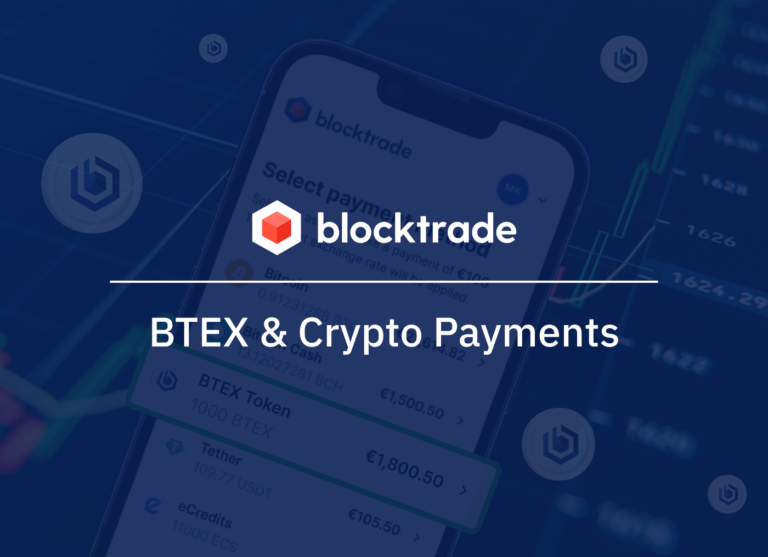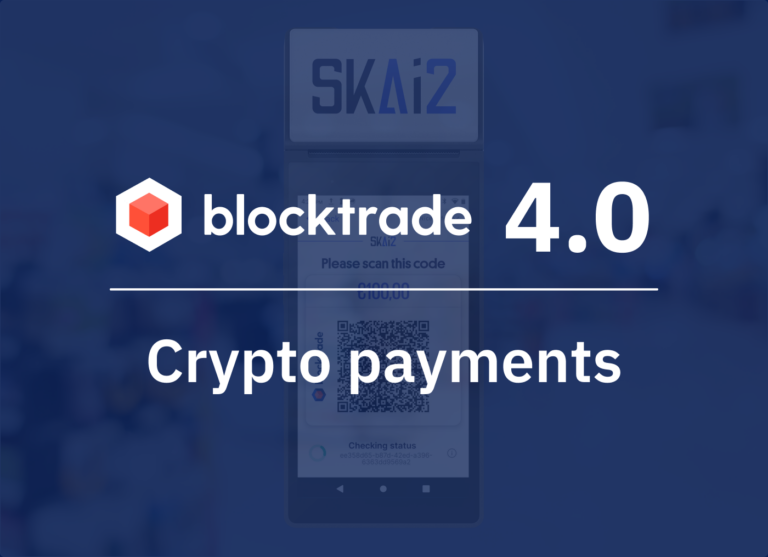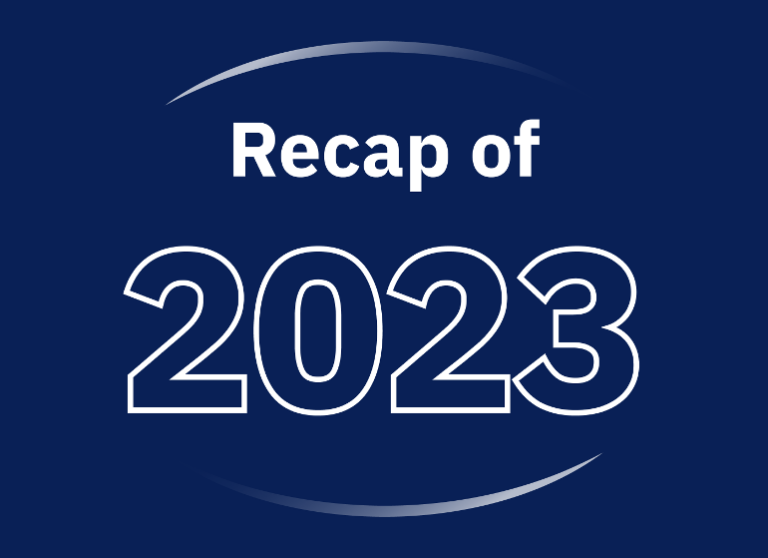As the European Commission is getting ready to implement a possible regulatory framework of cryptocurrencies (crypto regulations), a small number of countries are way ahead of the game. Having recognized the enormous potential blockchain and digital assets represent for the future of finance and securities, Estonia, Luxembourg, and Malta have created a regulatory framework for the licensing of Blockchain-based companies.
Different jurisdictions have different rules – in this article, we are going to shortly discuss the legal frameworks these countries have found and their implications from the perspective of a crypto-exchange.
Luxembourg
Luxembourg has long held a reputation as an acclaimed financial center in the heart of Europe. It is no surprise, therefore, that the Luxembourg Parliament was among the first to recognize and prepare for the advent of digital assets. Already in 2013, the Luxembourg Parliament passed an amendment to allow the issuance of “dematerialized securities”. Bill 7363, passed in February 2019, allowed the circulation of tokens as dematerialized securities to be transferred via the blockchain.
Estonia
Smallest of the Baltic states, Estonia has earned a reputation as a digital pioneer and innovator in the field of e-government services. The country is also home to a flourishing start-up and fintech scene that e.g. produced the unicorn TransferWise. Not resting on its laurels, the government early on recognized and paved the way for the future of digital assets. Already in 2017, it was the first in Europe to create a legal framework for virtual currencies, with July 1st, 2020 existing laws were updated to provision the existence of one central license applying to all providers of virtual currency services.
Malta
Malta has made a name for itself as the “Blockchain Island”. On July 4, 2018, the Maltese Parliament passed the Virtual Financial Assets Act (“VFA Act”). Coming into force on November 1, 2018, the VFAA establishes four different types of VFAA licenses issued by the MFSA (Malta Financial Services Authority). VFAA Class 4 is directed exclusively at VFA exchanges and allows license owners to hold or control virtual financial assets and/or private cryptographic keys and trust or nomination services of customers only in connection with the operation and activities of this VFA exchange.
Conclusion
Currently, Estonia, Luxembourg, and Malta are leading the way as innovative and blockchain-friendly governments offering legal certainty in the field of issuance and exchange of digital assets. Luxembourg is a respected financial hub in the heart of Europe, its government especially eyeing at the growing field of digital securities issuance and trading. Estonia offers a thriving fintech community, technology-friendly government with forward-thinking regulation (crypto regulations) that makes a great ecosphere for Blockchain-based companies of all types. Due to the implementation of the VFA law and its complexity, Malta falls slightly behind in comparison to Estonia and Luxembourg.







